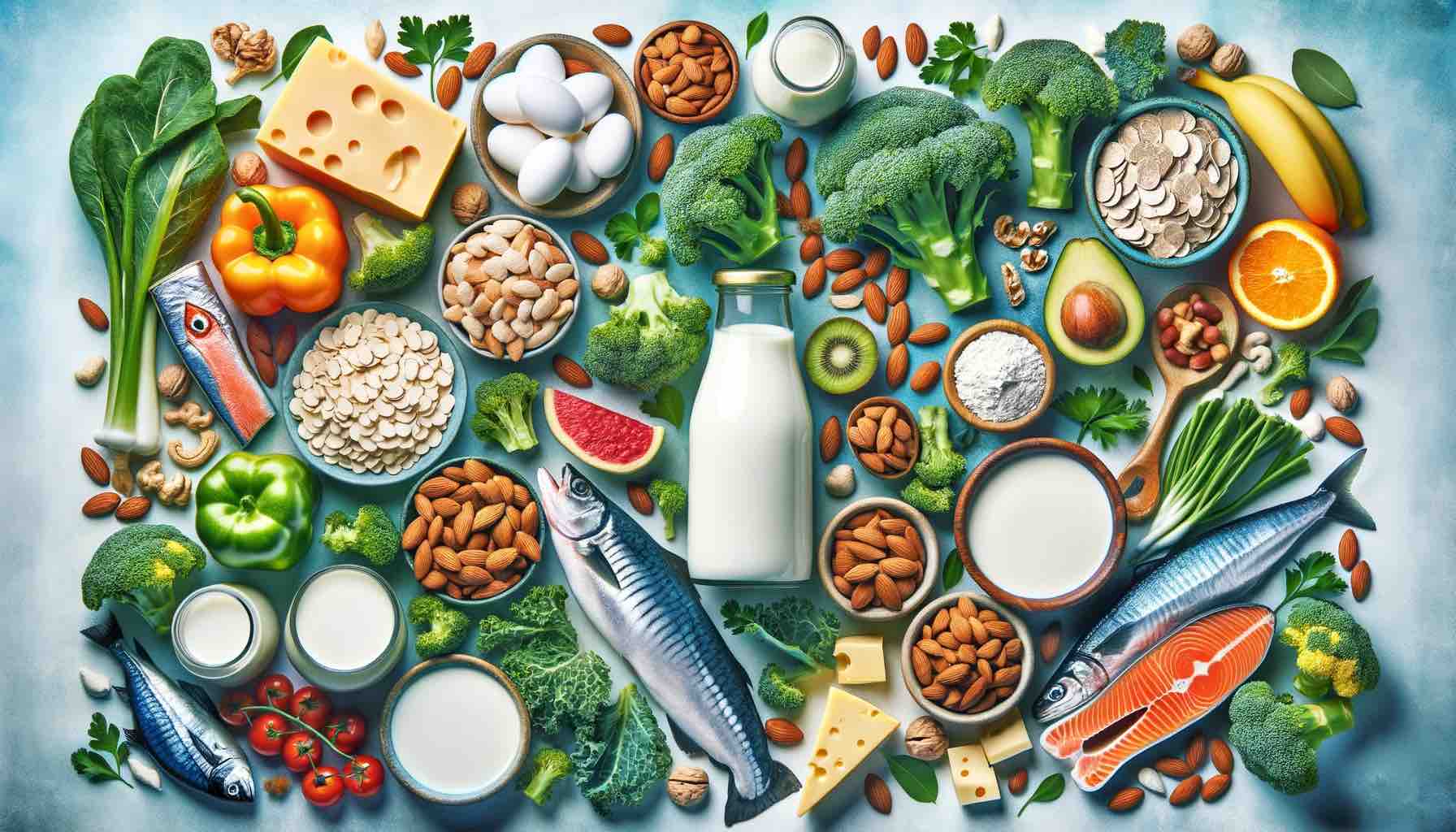
Insulin resistance is a growing concern in today’s health landscape. Characterized by the body’s inability to respond effectively to insulin, it can pave the way for type 2 diabetes and other metabolic disorders. However, the silver lining is that with timely interventions, lifestyle modifications, and a keen understanding of the condition, it’s possible to reverse insulin resistance. Recognizing the signs of this reversal is paramount for ensuring continued health progress.
For those unfamiliar with the intricacies of insulin resistance, MasalaMonk provides an in-depth overview of the condition and its symptoms. Building on that foundation, this article delves deeper into the indicators that suggest a positive shift away from insulin resistance.
1. Elevated Energy Levels
One of the hallmark symptoms of insulin resistance is persistent fatigue. As insulin sensitivity improves, many individuals report feeling more energetic and less reliant on caffeine or sugar boosts.
2. Stabilized Blood Sugar Readings
Consistent blood sugar monitoring might reveal a more stable glucose level without the dramatic highs and lows. This stability suggests that glucose is being efficiently utilized by cells for energy.
3. Noticeable Weight Reduction
Weight gain, especially around the abdominal area, is a common consequence of insulin resistance. As the condition begins to reverse, there’s often a noticeable reduction in weight, particularly if accompanied by dietary and activity changes.
4. Skin Improvements
Acanthosis nigricans, characterized by darkened patches of skin, and the presence of skin tags, are external markers of insulin resistance. A lightening of these patches and a reduction in skin tags can be a visual confirmation of improved insulin function.
5. Regularity in Menstrual Cycles
For women, especially those with PCOS (Polycystic Ovary Syndrome), insulin resistance can disrupt menstrual cycles. The return of regular cycles can be a sign of enhanced insulin sensitivity.
6. Optimized Cardiovascular Health
High blood pressure and elevated cholesterol levels often accompany insulin resistance. Monitoring these levels and noting improvements can be indicative of the condition reversing.
7. Reduced Hunger Pangs and Sugar Cravings
With improved insulin function, glucose is more efficiently used by the body’s cells, leading to decreased feelings of hunger and a reduced craving for sugary foods.
8. Restorative Sleep Patterns
Insulin resistance can be a hidden culprit behind sleep disturbances. As it begins to reverse, many report a return to deeper, more restful sleep.
9. Mental Clarity and Mood Enhancement
The cognitive impact of insulin resistance can’t be understated. As the condition improves, the previously experienced ‘brain fog’ may dissipate, leading to clearer thinking, better concentration, and an overall improved mood.
10. Medical Testimonials
Beyond subjective experiences, medical tests can offer concrete evidence of reversal. This includes tests showing reduced insulin levels in the blood, improved HbA1c readings, and favorable lipid profiles.
11. Improved Muscle Function
Muscle weakness or pain, often overlooked, can be a symptom of insulin resistance. As it reverses, there might be an enhancement in muscle strength and endurance.
12. Lessened Need for Medications
For those on medications like Metformin, a reduced requirement or dosage can be a clear indicator of improved insulin sensitivity, but any changes should be made under a doctor’s guidance.
In wrapping up, while these signs are heartening, it’s essential to maintain a proactive approach to health. Regular check-ups, continuous learning, and staying updated with the latest research are crucial. Reversing insulin resistance is a commendable milestone, but the journey to optimal health is ongoing. Remember, individual experiences can vary, so always consult with healthcare professionals about personal health concerns.
FAQs for “Signs Insulin Resistance is Reversing: A Comprehensive Guide”
- What exactly is insulin resistance? Insulin resistance is a condition where the body’s cells become less responsive to the hormone insulin, leading to elevated blood sugar levels. Over time, this can pave the way for type 2 diabetes and other metabolic disorders.
- How does one recognize the reversal of insulin resistance? Indicators of reversal include elevated energy levels, stabilized blood sugar readings, noticeable weight reduction, improvements in skin conditions, and regularity in menstrual cycles, among others.
- Can lifestyle changes impact the reversal of insulin resistance? Absolutely. Adopting a balanced diet, engaging in regular physical activity, and maintaining a healthy weight play pivotal roles in managing and potentially reversing insulin resistance.
- Are there any specific dietary recommendations for reversing insulin resistance? While individual needs may vary, a diet low in refined sugars, processed foods, and saturated fats, combined with high fiber, lean proteins, and healthy fats, can be beneficial.
- How does insulin resistance affect sleep patterns? Insulin resistance can disrupt sleep by causing fluctuations in blood sugar levels, leading to nighttime awakenings or difficulty falling asleep. Improved insulin sensitivity often correlates with more restful sleep.
- What’s the connection between insulin resistance and skin conditions? Conditions like acanthosis nigricans (darkened patches of skin) and skin tags are external markers of insulin resistance. Their reduction can indicate improved insulin function.
- How does insulin resistance impact women’s reproductive health? Insulin resistance can lead to PCOS (Polycystic Ovary Syndrome) in women, causing irregular menstrual cycles, fertility issues, and other related symptoms.
- Are there medical tests to confirm the reversal of insulin resistance? Yes, tests like fasting insulin levels, HbA1c readings, and lipid profiles can provide concrete evidence of improved insulin sensitivity.
- Is it possible to completely reverse insulin resistance? With the right interventions, lifestyle changes, and medical guidance, many individuals can significantly improve their insulin sensitivity, potentially reversing the condition.
- How does improved muscle function relate to insulin resistance? Muscle cells are major users of glucose in the body. As insulin resistance reverses, there might be enhanced muscle strength and endurance due to better glucose utilization.
- Can medications aid in reversing insulin resistance? Medications like Metformin are commonly prescribed to manage insulin resistance and can play a role in its reversal, especially when combined with lifestyle changes.
- Is there a genetic predisposition to insulin resistance? While lifestyle factors play a significant role, genetics can also influence an individual’s susceptibility to insulin resistance.
Blog Tags for the Post: Insulin Resistance, Reversal Signs, Blood Sugar Stability, Weight Management, Skin Conditions, PCOS, Women’s Reproductive Health, Dietary Recommendations, Sleep and Insulin, Medical Tests, Muscle Function, Metformin, Genetic Factors, Lifestyle Interventions.













